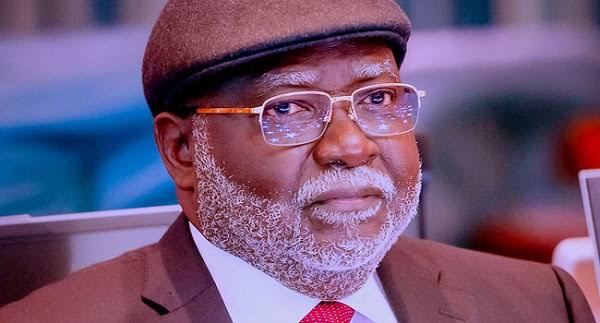The emergency meeting scheduled for Thursday, May 30, 2024, is expected to provide a platform for the judges to clarify jurisdictional boundaries and prevent future occurrences of conflicting judicial orders.
The recent summoning of the Chief Judge of the Federal High Court, Justice John Tsoho, and the Chief Judge of Kano State High Court, Justice Dije Aboki, by the Chief Justice of Nigeria (CJN), Justice Olukayode Ariwoola, has brought to the fore the critical role of the judiciary in maintaining order and coherence in the face of conflicting court orders.
The summons came in response to the issuance of conflicting interim injunctions by the two courts over the ongoing tussle for the stool of the Emir of Kano. This situation has created significant uncertainty and tension within the state, intensifying the legal and political disputes over the Kano Emirate.
This situation underscores the importance of judicial coordination and the necessity for the judiciary to present a unified front, particularly in cases of substantial public interest.
Justice Ariwoola’s intervention is a clear demonstration of the judiciary’s commitment to upholding the rule of law and its pivotal role in resolving conflicts. The emergency meeting scheduled for Thursday, May 30, 2024, is expected to provide a platform for the judges to clarify jurisdictional boundaries and prevent future occurrences of conflicting judicial orders.
This situation underscores the importance of judicial coordination and the necessity for the judiciary to present a unified front, particularly in cases of substantial public interest. It also highlights the need for the judiciary to be proactive in addressing issues that could potentially undermine its integrity and the public’s confidence in the legal system.
The Nigerian Bar Association (NBA) has also weighed in on the matter, describing the conflicting orders as embarrassing to the judiciary. The NBA has called for an immediate probe of both the judges and the lawyers involved in the cases that occasioned the conflicting court orders.
The CJN’s summoning of the two Chief Judges is a step in the right direction. It is a clear indication of the judiciary’s resolve to uphold the rule of law and its commitment to ensuring that justice is not only done but is seen to be done. It is hoped that this move will serve as a deterrent to future occurrences of conflicting court orders and reinforce the public’s confidence in the judiciary as the last hope of the common man.

